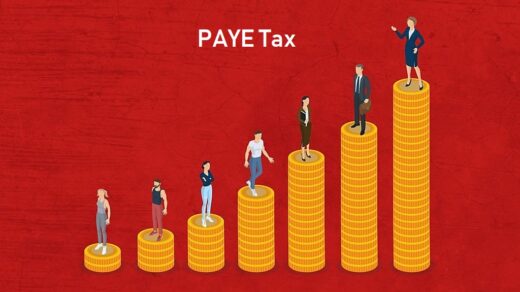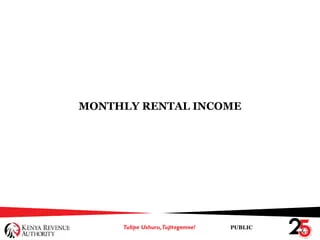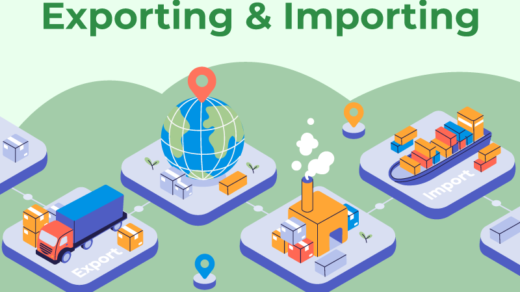Kenya’s tax landscape has witnessed significant transformations with the advent of digitalization. One such notable change is the introduction of the Electronic Tax Invoice, governed by the VAT (Electronic Tax Invoice) Regulations, 2020, gazetted on September 25, 2020.
This article delves into the specifics of the Electronic Tax Invoice and other related regulations that businesses in Kenya need to be aware of.
The Electronic Tax Invoice
The Electronic Tax Invoice refers to an invoice generated from a compliant or upgraded Electronic Tax Register (ETR) or from the eTIMS system. The Kenya Revenue Authority (KRA) introduced the eTIMS system, a user-friendly and flexible software solution that allows taxpayers to meet their compliance needs conveniently.
eTIMS is accessible through various electronic devices, including computers and mobile phone apps, providing technological convenience to businesses.
Implementation of the VAT Special Table
The VAT Special Table is a mechanism implemented in iTax (KRA’s online tax platform) to enhance VAT compliance. This mechanism targets specific categories of VAT registered taxpayers and restricts them from performing certain processes.
The categories currently on-boarded on the special table include Nil filers, Non-filers, and Missing Traders involved in VAT fraud schemes.
Benefits of the VAT Special Table
- Identification of Irregularities: The special table helps identify erroneously added VAT obligations or those that are no longer required.
- Prevention of Abuse: It reduces cases of abuse of traders’ PINs by fraudulent persons.
- Assistance for Compliance: It assists traders in conducting business with compliant suppliers.
Impact on Taxpayers
When a taxpayer is on-boarded on the VAT Special Table:
- Return Filing Restriction: The taxpayer is restricted from filing VAT returns, and the system displays a message indicating the PIN is under review for VAT compliance irregularities.
- Penalty Waiver: Penalties will not be charged for non-filing of VAT returns resulting from being on the special table.
- Input Tax Limitation: Traders on the special table cannot claim input tax from affected taxpayers. The system rejects entries related to taxpayers on the special table.
- Removal Process: Taxpayers on the special table need to contact their Tax Service Office for guidance on removal.
VAT on Imported Services (Reverse VAT)
Imported services, provided by non-resident persons or Export Processing Zones (EPZs) for use or consumption in Kenya, may trigger Reverse VAT. Any importer, regardless of VAT registration status, is liable to pay VAT on imported services.
Payment Process for VAT on Imported Services
To pay for VAT on imported services, the importer must register for a KRA PIN, generate an e-slip via iTax, and use it to pay the tax through the preferred mode of payment.
Due Date for VAT on Imported Services
VAT on imported services is due and payable when the taxable service is received, an invoice is received, or payment is made—whichever is earliest. Tax paid on imported services can be deducted as input tax in subsequent VAT returns for the registered person’s taxable business.
Withholding VAT
Withholding VAT is charged at a rate of 2% of the value of taxable supplies, effective from November 7, 2019. It is not applicable to exempt goods, exempt services, and zero-rated supplies. VAT withheld in exempt and zero-rated supplies is refundable by the Commissioner.
Payment Process for Withholding VAT
Withholding VAT is remitted by appointed withholding VAT agents to the Commissioner on the 20th day of the month following deduction. Payments are made online via iTax. Importantly, a taxpayer whose VAT has been withheld is still required to submit an online VAT return and account for the VAT balance.
Conclusion
The implementation of the Electronic Tax Invoice and related regulations signifies a paradigm shift in Kenya’s taxation landscape. Businesses need to stay informed about these changes to ensure compliance and leverage the technological solutions provided by eTIMS for seamless tax management.
As Kenya continues to adapt to digital advancements, businesses that embrace these changes will thrive in the evolving tax environment.




